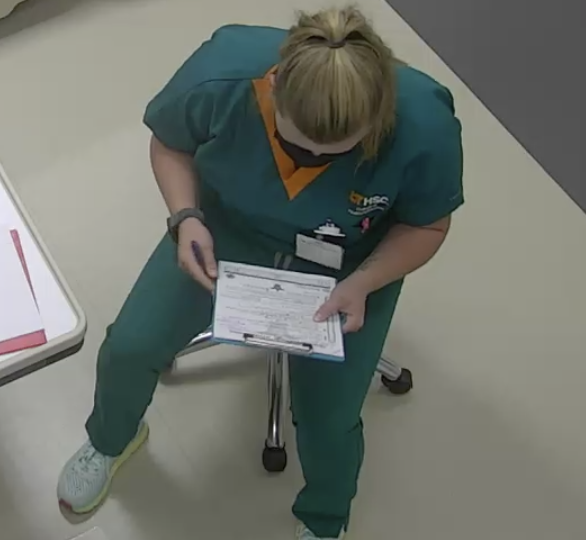Intervention for Feeding

Recently, I created a a tool to use in an intervention for a client with a spinal cord injury at the T3 level. When going through the process of deciding what I would like to address, eating seemed to be one of the main things he was struggling with due to his dominant hand and arm being in a cast. He struggles with fine motor skills in his left hand, which creates messy feeding. So, I wanted to work on tuning those movements to make them smoother and easier. When deciding how I wanted to make this, I wanted to make it as inexpensive as possible. So, I used an empty box of parchment paper/aluminum foil box that was laying around the house. The colorful pom poms were bought at Dollar General, and I found a spoon at home. When using this tool, the client will hold the spoon, and try to spoon up as many pom poms as possible. Repetition is one way to reinforce f...



